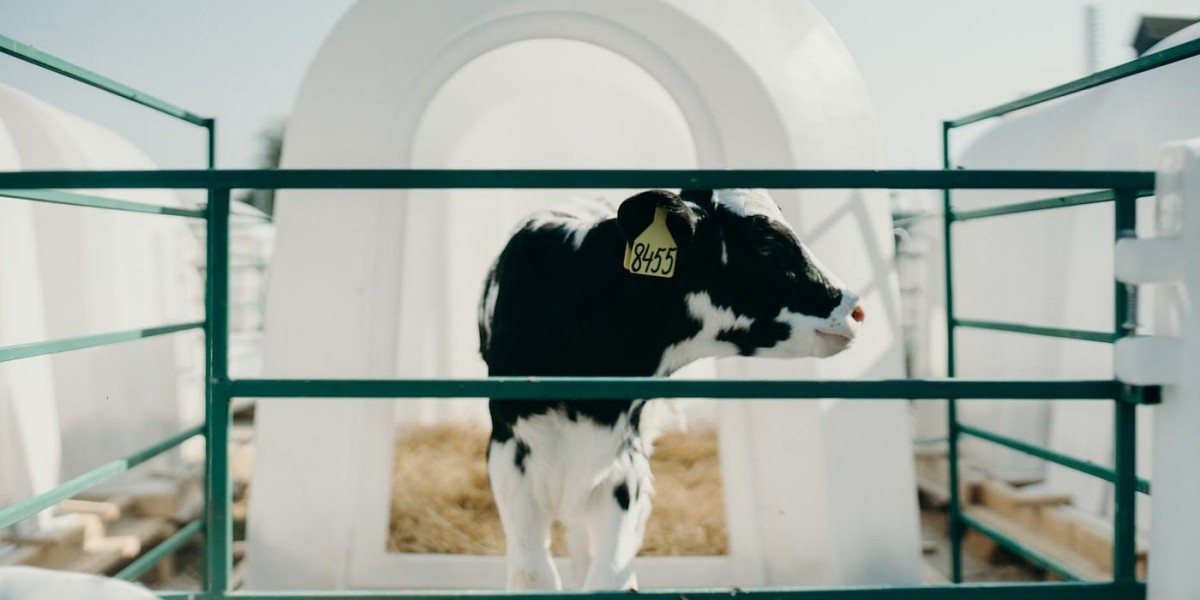Animal cruelty in factory farms is a deeply concerning and pressing issue that deserves urgent attention. These farms, which mass-produce meat, dairy, and eggs to meet the ever-growing demand for animal-based products, are riddled with hidden horrors that dot the landscape of modern agriculture. Behind their closed doors, animals are subjected to unimaginable suffering, enduring a life of confinement, mutilation, and neglect.
In factory farms, animals are seen not as sentient beings but merely as commodities. Their lives are reduced to profit margins and production quotas. Cows, pigs, chickens, and other animals are crammed into tiny, filthy cages with no room to move or engage in natural behaviors. These animals, which are genetically manipulated to grow unnaturally large and fast, suffer from a host of health issues as a result of their unnatural living conditions.
Overcrowding and unsanitary conditions are the norm in factory farms. Animals are forced to live in their own filth, leading to the spread of diseases and the prevalence of infections. Pigs, for instance, are commonly confined to gestation crates, barely able to take a step forward or backward. Their existence is nothing short of living hell, as they spend their entire lives immobilized, without any semblance of comfort or space.
Cruelty in factory farms extends beyond the physical confinement. Various painful procedures are regularly inflicted upon animals without the use of anesthesia or pain relief. Beak trimming, tail docking, and teeth extraction are just a few examples of the painful practices commonly performed on animals in factory farms. These procedures are not done for the benefit of the animals' well-being but rather to reduce the likelihood of injury or aggression in overcrowded and stressful environments.
The mental anguish experienced by animals in factory farms cannot be understated. The constant exposure to distressing environments, separation from their young, and the inability to engage in natural behaviors all contribute to their immense suffering. Scientific studies have shown that animals in factory farms exhibit signs of severe anxiety, depression, and abnormal behaviors resulting from the trauma they endure daily.
The pervasive nature of animal cruelty in factory farms is not only a moral concern but also a public health issue. The overuse of antibiotics to prevent disease outbreaks in these crowded, unsanitary conditions leads to the rise of antibiotic-resistant bacteria, posing risks to human health. Moreover, the excessive use of hormones and growth promoters in animal feed finds its way into the food chain, potentially leading to negative effects on human consumers.
It is essential for society to confront and address the hidden horrors of animal cruelty in factory farms. Greater transparency and accountability are necessary in the agricultural industry to ensure the well-being of animals and the protection of public health. Consumer awareness and demand for ethical and sustainable farming practices can drive positive change and encourage the industry to prioritize animal welfare.
Efforts must be made to promote alternative, more humane farming systems, such as free-range and organic farming. These systems allow animals to engage in natural behaviors, provide them with proper healthcare, and eliminate or significantly reduce the use of harmful practices and substances. Transitioning to these systems requires collective action, support from policymakers, and consumer willingness to pay a fair price for ethically-produced animal products.
In conclusion, the grim reality of animal cruelty in factory farms is an issue that looms large over modern agriculture. The suffering endured by animals in these farms is unimaginable, as they are treated as mere commodities rather than sentient beings deserving of compassion and respect. It is our responsibility as a society to expose these hidden horrors, demand change, and work towards a future where animal welfare is at the forefront of our agricultural practices.
https://tagintime.com/read-blog/4319_a-call-to-unity-animal-rights-beyond-politics.html |







